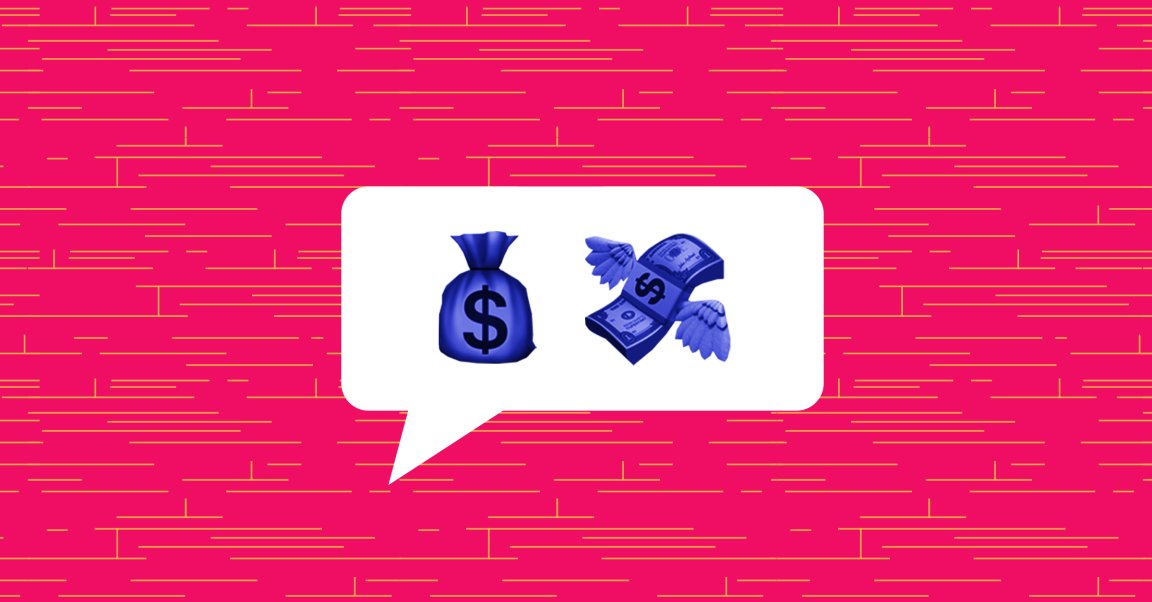
TAXING SOCIAL MEDIA. In June, the government of Uganda passed a new law that would require citizens to pay a tax of 200 Ugandan shillings (roughly $0.05) per day to use social media platforms, including WhatsApp, Twitter, and Facebook — the three most popular apps in the nation, according to a Quartz report.
On July 1, the law went into effect. Millions of Ugandans woke up up Sunday morning to find they could no longer access their social media networks.
The law is intended to provide the government with funds it can use to deal with the “consequences” of the “lugambo” (gossip) spread via social networks, said President Yoweri Museveni as quoted in Ugandan outlet Daily Monitor. Museveni did not clarify exactly how this gossip was costing the government financially.
FIGHTING BACK. Ugandans were quick to lash out against the implementation of the new law on Sunday. Many took to the very social networks targeted by the tax to voice their dissent, noting that the issue isn’t about money, but about silencing the voices of Ugandan citizens. “Our chances to talk about social, economic and political dilemmas are being restricted. #SocialMediaTax limits our interaction avenues,” tweeted user @agabacollins. Grassroots uprisings like the Arab Spring, largely coordinated via social media, might not be possible if everyone had to pay to use it.
Given the widespread media coverage of the tax, it seems that the outrage isn’t restricted to Uganda. One of the greatest triumphs of social media has been bringing people’s perspectives to a global scale, no matter where they are. A tax like this prevents people from Uganda, especially poorer people who can’t pay the tax, from taking part in the global conversation.
VPNS TO THE RESCUE. Other Ugandans simply looked for ways around the tax, the most popular being virtual private networks (VPNs), services that let a person look like they are using the internet from a different location. These services usually aren’t free and using one could put a Ugandan at risk of prosecution for tax evasion.
The cost of the tax isn’t the main reason people are turning to VPNs. As Twitter user @solonomking noted in a tweet: “Those saying 200/- is little money or that VPNs cost more forget that people are not protesting the amount being paid, but the principle behind taxing every little thing from an already suffering economy so a corrupt government can get even more money to steal. #SocialMediaTax”
CORRUPT COURT? Soon after the law went into effect, a team of Ugandan lawyers challenged the law and asked a court to nullify it. It’s hard to be optimistic that anything will come of that, since the Ugandan government is among the most corrupt in the world. For now, citizens who want to use social media seem to have no choice but to pay the tax or find a loophole around it.
READ MORE: Ugandans Are Furious With a New Tax for Using Social Media and Mobile Money [Quartz]